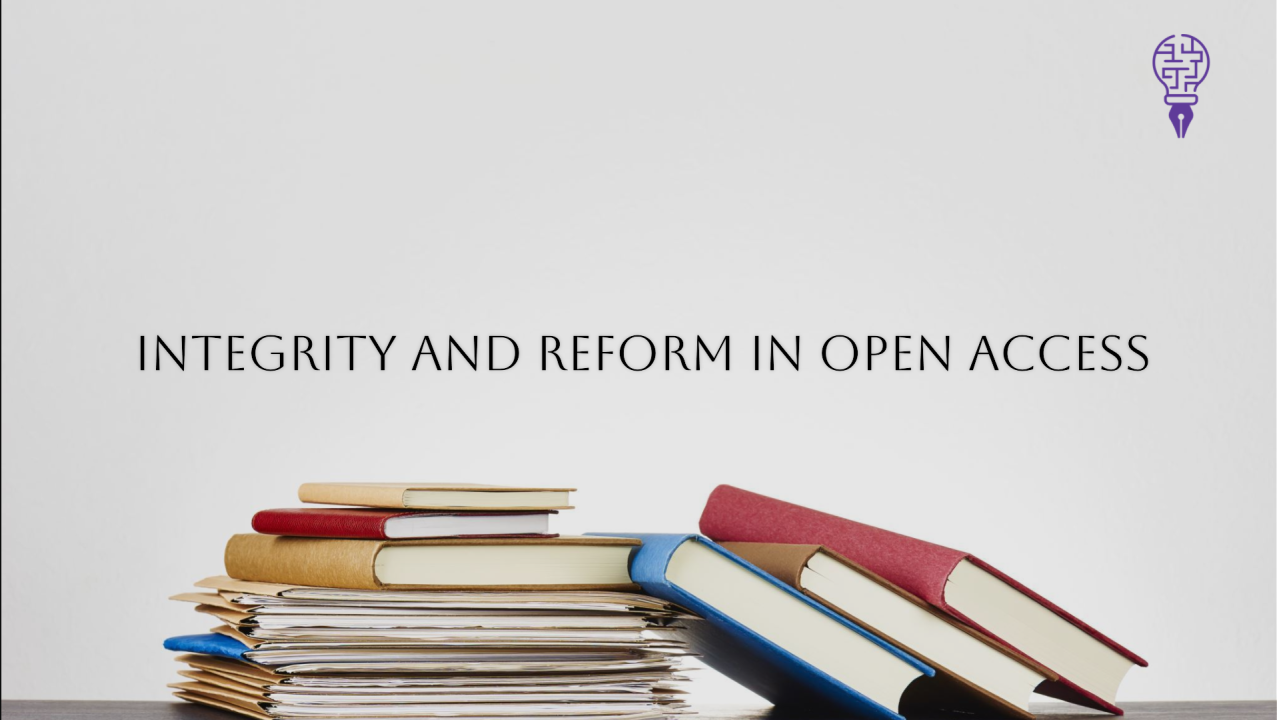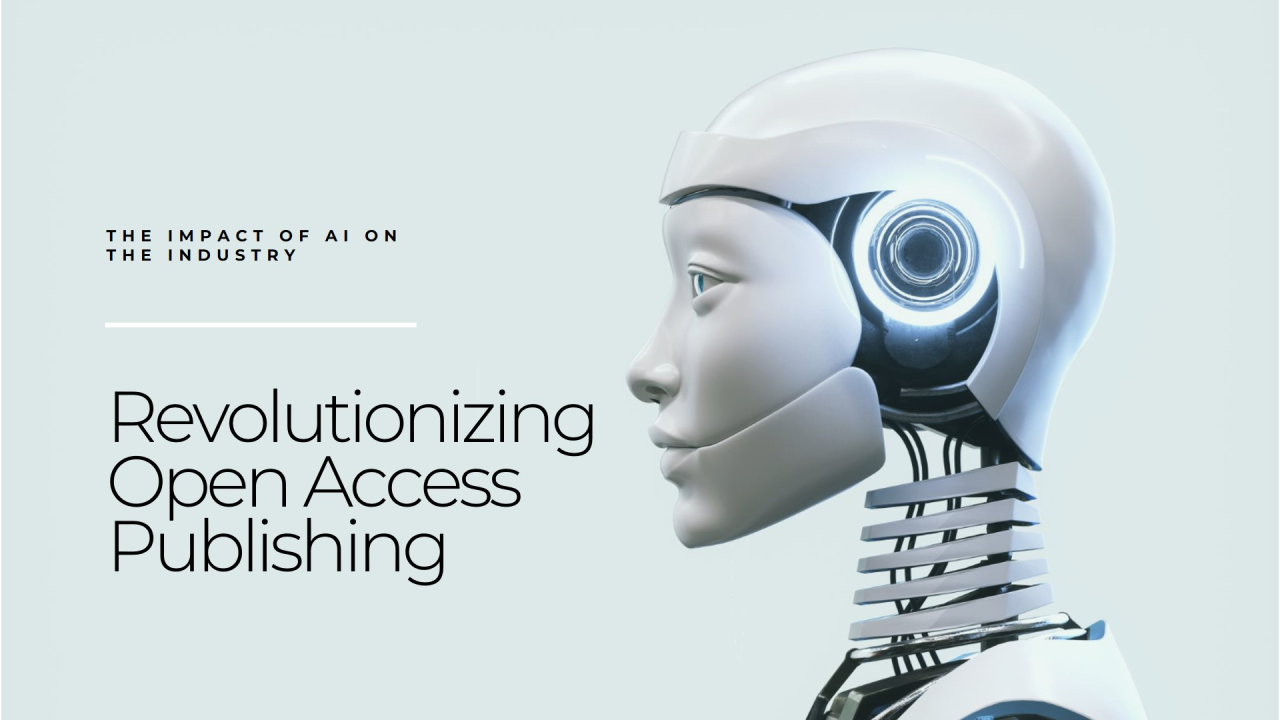CURRENT ISSUE
No Current Issue
The Role of AI, Automation, and Data in Education
The Role of AI, Automation, and Data in Education
Overview
Artificial Intelligence (AI), automation, and data analytics are reshaping the education sector, providing new opportunities to enhance teaching methodologies, learning personalization, assessment accuracy, and institutional efficiency. With machine learning algorithms, big data insights, and AI-driven automation, educators and policymakers can improve student outcomes, streamline administrative tasks, and create more inclusive learning environments.
This category explores the impact of AI, automation, and data-driven approaches on education, analyzing their opportunities, challenges, and ethical implications in the learning ecosystem.
Key Areas of Focus
1. AI-Powered Adaptive Learning and Personalized Education
AI-driven adaptive learning systems tailor educational experiences based on individual student needs, learning pace, and performance analytics. These platforms enhance engagement, retention, and self-directed learning.
Key Topics:
- AI-driven adaptive learning platforms and their effectiveness
- Personalized learning paths using AI recommendations
- The impact of AI chatbots and virtual assistants in education
- Ethical concerns and bias in AI-based personalized learning
Research Implications:
- Case studies on AI-driven personalized learning success stories
- The role of AI in improving student engagement and performance
- Comparing AI-based learning with traditional instructional methods
2. Big Data Analytics for Learning Insights and Student Success
Education institutions leverage big data analytics to monitor student performance, predict academic outcomes, and optimize learning interventions. Data-driven decision-making enables educators to personalize learning pathways and improve institutional strategies.
Key Topics:
- Learning analytics and predictive models for student retention
- AI-based assessment and grading tools for efficient evaluation
- Data-driven curriculum optimization based on student performance
- Privacy and security challenges in educational data collection
Research Implications:
- The effectiveness of data analytics in improving student retention
- Ethical challenges in student data collection and analysis
- Case studies on predictive analytics for academic success
3. AI in Assessment, Grading, and Feedback Mechanisms
AI-powered grading and assessment systems improve the speed, accuracy, and objectivity of evaluations. These tools provide real-time feedback, automate administrative processes, and enhance formative assessments.
Key Topics:
- Automated essay grading and AI-driven assessment platforms
- AI in formative assessments and personalized feedback
- The role of AI in plagiarism detection and academic integrity
- Balancing AI-driven assessments with human evaluation
Research Implications:
- The effectiveness of AI-powered grading in large-scale assessments
- AI's impact on reducing grading bias and improving feedback quality
- Ethical and practical concerns in AI-based evaluations
4. Automation in Administrative and Institutional Processes
Educational institutions are increasingly using automation to streamline admissions, student enrollment, scheduling, and administrative workflows, reducing workload and enhancing operational efficiency.
Key Topics:
- The role of AI chatbots in student support and administrative queries
- Automating enrollment, scheduling, and institutional reporting
- AI-driven decision-making in higher education admissions
- Risks and challenges in automating administrative tasks
Research Implications:
- The impact of automation on institutional efficiency and cost reduction
- Evaluating student satisfaction with AI-powered support systems
- Ethical concerns in AI-driven admission and enrollment processes
5. AI and the Future of Intelligent Tutoring Systems (ITS)
Intelligent Tutoring Systems (ITS) leverage AI to provide real-time guidance, instructional support, and customized interventions to students. These systems enhance self-paced learning and remote education.
Key Topics:
- The evolution of AI-driven intelligent tutoring systems
- The impact of ITS on student engagement and self-learning
- Case studies on successful AI-based tutoring models
- The future of AI-assisted learning in remote education
Research Implications:
- Comparing human tutoring with AI-powered intelligent tutors
- The effectiveness of ITS in improving knowledge retention
- Challenges in ensuring AI tutors align with curriculum objectives
The Role of AI, Automation, and Data in Education category explores how artificial intelligence, big data, and automation are revolutionizing learning, assessment, and institutional operations.
From personalized learning and AI-powered assessment tools to predictive analytics and administrative automation, this section highlights cutting-edge advancements and research insights that drive the next phase of education technology transformation.
By understanding the opportunities and challenges of AI-driven education, institutions and researchers can develop more ethical, effective, and data-driven learning environments.















